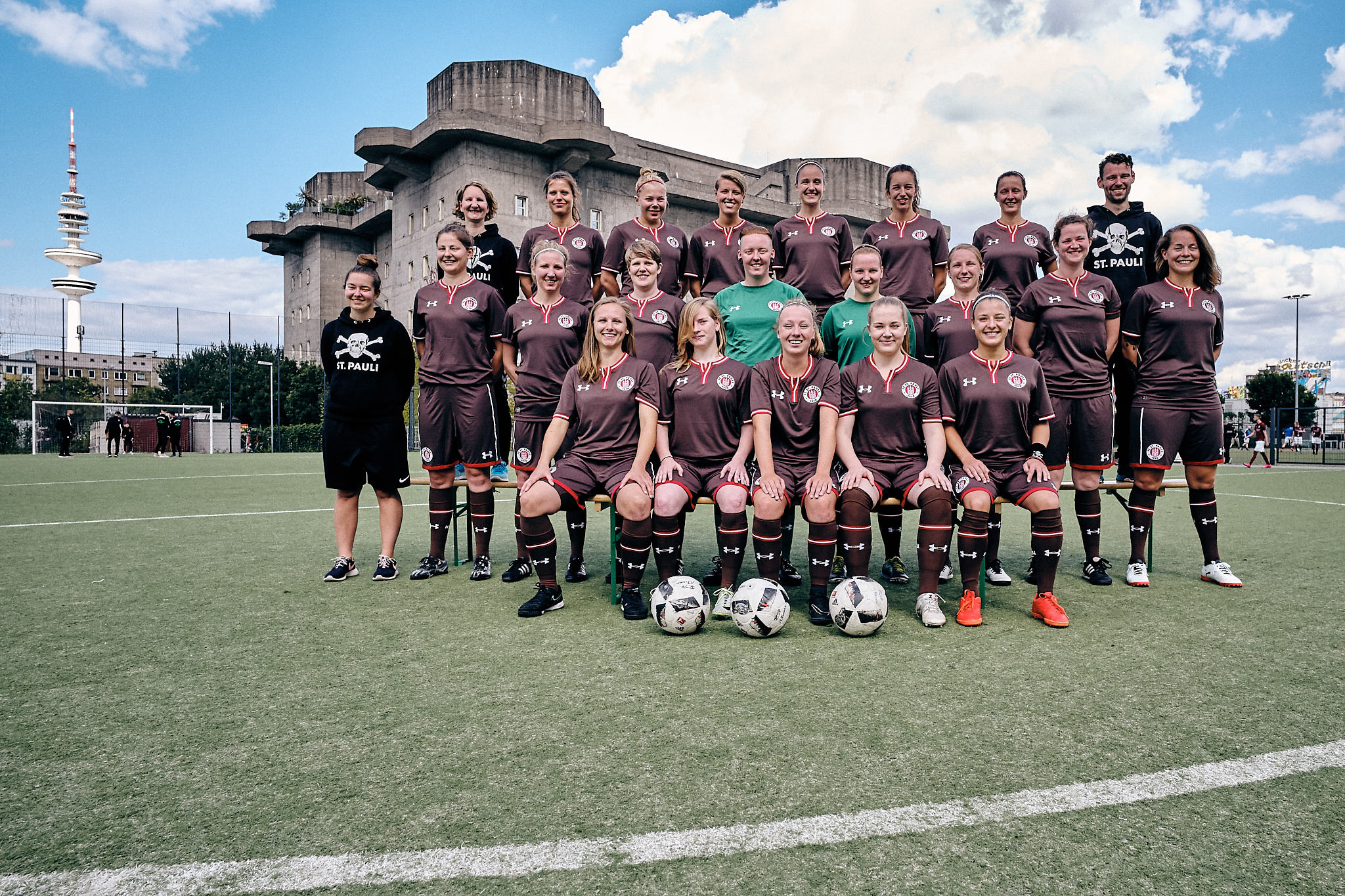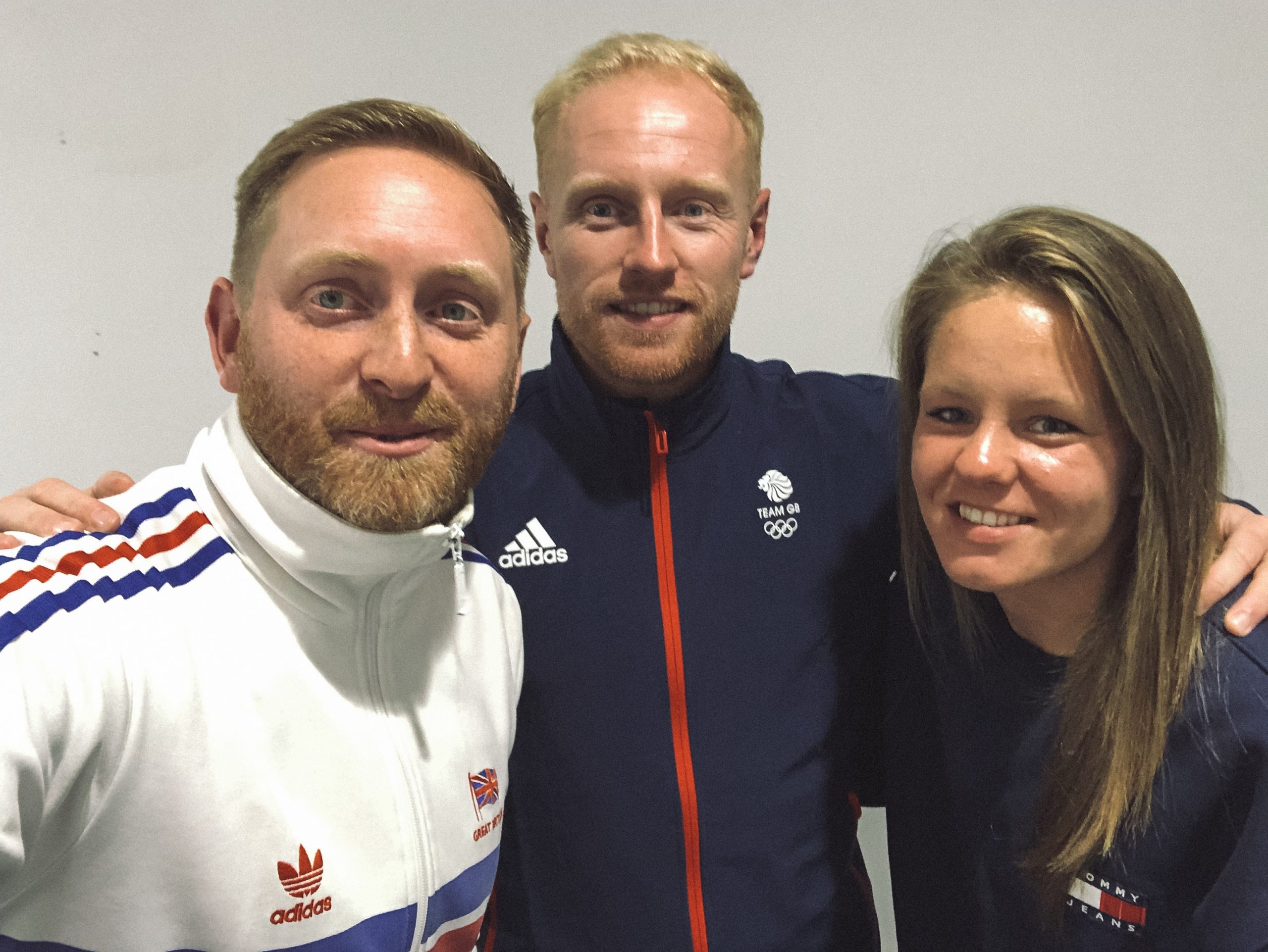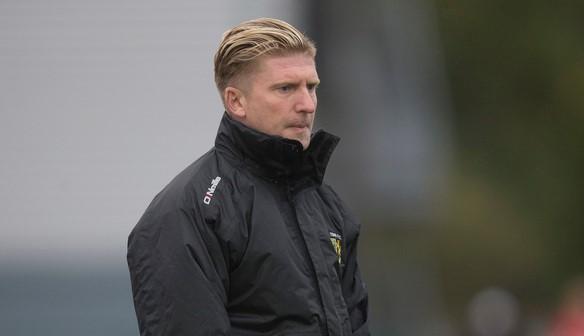Ben Gilby spoke to Inga Schlegel, the deputy head of women’s football at FC St. Pauli about how a club with a huge reputation for social inclusion are progressing in the third tier of German league system.
Inga opened our conversation by detailing the history of women’s football at the Hamburg based club: “Our department was founded in 1990 by female St. Pauli fans who wanted to play football for THEIR club. In the beginning, the club had to get used to the idea of women playing football but eventually the acceptance was there. Only around 2001 the first girls’ team started to play for St. Pauli. In 2008, the women’s team was split into two teams. The first team was supposed to play more performance-related football while the second team was playing more or less “for fun”.
With the German league having one of the highest profiles in Europe thanks to the Champions League exploits of VfL Wolfsburg and the growth of Bayern Munich, Inga explained how FC St. Pauli fit into the pyramid system: “There are two national leagues throughout Germany which are the Bundesliga and 2. Bundesliga. Then you have five regional leagues which are split into different areas (North, North East, South, South West and West). This is the third highest level in Germany for women. Our first team plays in the Regionalliga Nord which covers the northern area of Germany. All our other women teams play locally on different levels in Hamburg.”
Whilst Schlegel hinted earlier that it took the men’s club a while to get used to the idea of having a women’s team at the beginning, I asked her how the relationship was now: “Women’s and girls’ football is completely independent from the men’s part. Nevertheless, there is a good exchange with the club in general and they are taking good care of their amateurs who are an important part of the club’s identity and supporters.”
The club’s identity is very much the biggest strength. For a 2. Bundesliga men’s club, FC St. Pauli have a huge profile completely out of sync with their standing in German football. This is due to their overt policy of support for social inclusion for all. Inga expanded upon how the women’s team support this: “We absolutely live and support the values of the club. Normally, if you come to St. Pauli – no matter if you are playing football, Rugby or table tennis – it is because you share the same values and want to meet people that have a similar mind set. It’s not any different in our department and we have seen it quite often that people started to live and breathe this club and its values once they had joined – even if before they weren’t overtly politically or socially active.”
That group of people playing girls’ and women’s football at FC St. Pauli is an ever growing one and once more, social inclusion is a key part of the set-up. Inga explained: “We have four girls’ teams and five women’s teams. Fortunately, we have teams on almost every level so that every girl has the possibility to join a women’s team once they are old enough – no matter their skills. Of course, the goal for a lot of girls is to join the first team and play on a really decent level. However, to immediately make that step is not always easy and we are trying to build an environment where young and talented players can grow slowly to find their way into the first team one day.”
That large number of girls and women pulling on the famous brown shirt has challenges of its own. “We want to grow and give more girls and women the opportunity to play football in our club,” says Schlegel, “Unfortunately, for that you need free and available training grounds – which are really difficult to find in Hamburg for anyone. The second challenge is to find qualified coaches that are able and willing to stay longer and really develop something with you. We are all volunteers and do this in our free time which sometimes is a big challenge.”
The league season for FC St. Pauli’s senior side has seen a win and a loss. I asked Inga how she saw the division this year and the club’s aims: “The loss was very unlucky but in general the start was really okay. The quality of all teams is very similar and from the results so far you can see that anyone can beat anyone. We would like to keep all teams in their leagues this season. However, the most important thing this season definitely is that people are staying healthy!
In terms of where FC St. Pauli would like to be in five years’ time, Inga said: “In general, we would like to have a women’s team on every level – from the lowest up to the third league (which would be five teams in five different leagues). The first team should have stabilized further in the third league, ideally being placed under the top three on a regular basis. We would like to have more girls’ teams and give them an even better opportunity to play performance-related football. Nevertheless, we still want to have women and girls who want to play “just for fun” and make sure that they have a home in our department – and always will have.”
Photo: Stefan Groenveld









